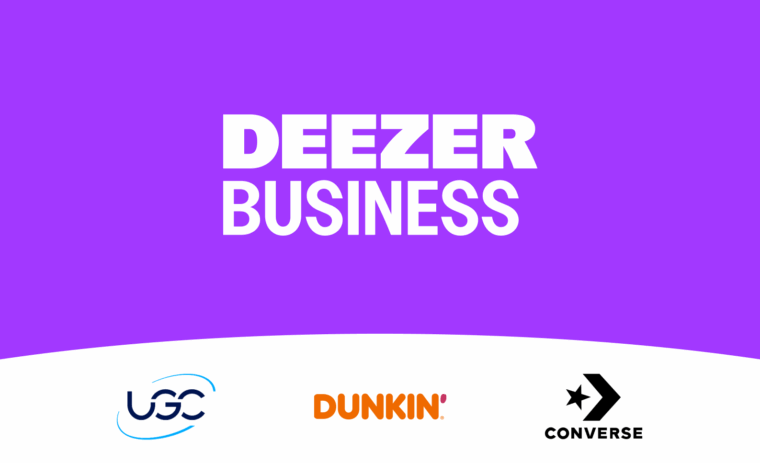At Deezer, we’re sincerely committed to the security of your data. This article will help you to take steps to secure sensitive personal information from passwords, usernames, bank data and email addresses, and protect yourself against phishing scams.
What is a phishing scam?
A phishing scam or attack involves impersonating a business or organisation in order to convince a potential victim to click on a link in an email or text message. Most often, the victim is asked to update their credit card details in order to continue using an online subscription.
And how can I protect my personal data?
Some examples of how to recognize a phishing scam attempt:
- Check the sender’s email address. Cybercriminals and pirates grossly impersonate companies and organizsations. For example: noreply@deeezer.com.
- Look out for typos. Phishing messages often contain spelling or syntax errors.
- Be wary if you’re asked to provide any sensitive information. Neither Deezer, nor any other serious business or organization, will contact you by email to ask you for your password or credit card details.
What to do if you receive a phishing email:
Here are the steps to follow if you receive a phishing email:
- Don’t click on any of the links included in the email.
- Don’t reply to the email or share your personal information in any manner.
- Don’t open any file attachments included in the email.
- Report the email as spam in your email software.
What to do if you have shared your sensitive personal information with a scammer:
If you have shared your password:
- Immediately reset the password of your Deezer account in your settings. (Go to Settings, select Account management, select Change password)
- Change the passwords for your other subscriptions and accounts if they are the same or similar to the one you use for Deezer.
If you have shared your credit card details:
- Contact your bank immediately to terminate your credit card. File a complaint with the police.
For more information on fraud and scams, please visit our support website :





